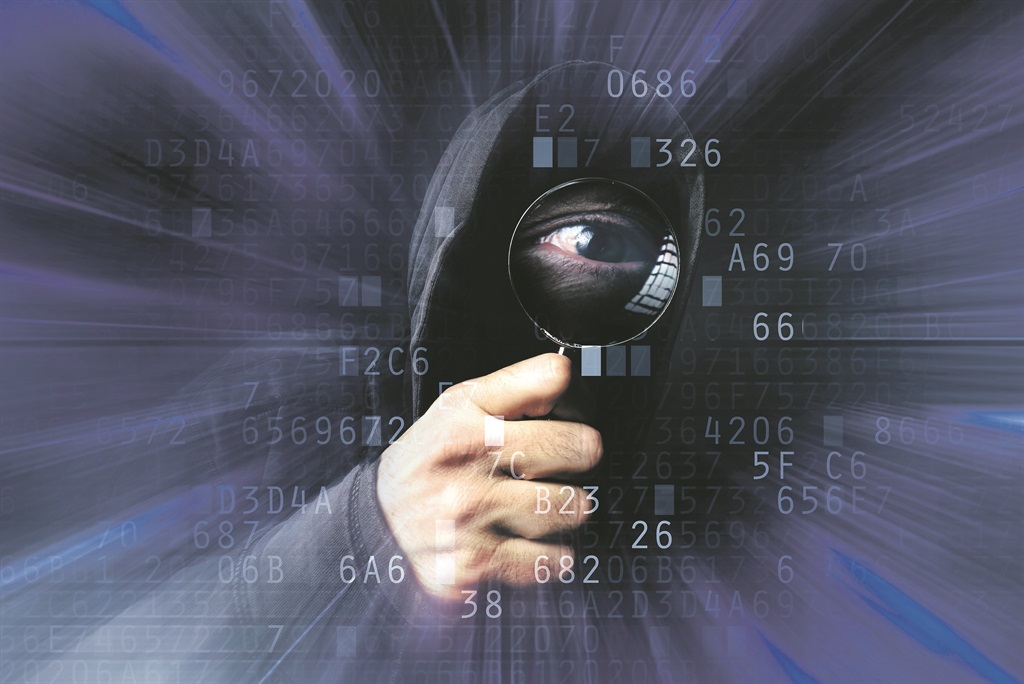
Back in 1984, the American singer Rockwell released his hit song Somebody’s Watching Me, which carried the catchy chorus line: “I always feel like somebody’s watching me. And I have no privacy.”
Little did he know just how true those words would ring three decades later. His was a pre-internet world, so when he sang: “Well, can the people on TV see me. Or am I just paranoid?” it was based in a spy versus spy, Cold War era.
Once the world wide web was launched commercially in 1991, the subsequent digital transformation the world has undergone has propelled us into an intricately connected world where the trade-off has been our personal privacy.
Of late, my trend feeds have been filled with news about China’s implementation of facial recognition technology to assist police with crime prevention and to track criminals.
The Atlantic reports that China is fast becoming the world’s most advanced surveillance state as it implements an ambitious government programme called the “social credit” system.
Journalist Rene Chan writes that the government is compiling a massive databank of all its citizens, which includes everything from bank account numbers to court records and internet search histories.
With 1.4 billion citizens to track, it is an ambitious project. But China has never shied away from ambitious projects.
Once they have this information, the system could assign a numerical score to each person, to which points might be added for good behaviour, or deducted for bad actions, like failure to pay a traffic fine.
The government says the goal of the programme is to “allow the trustworthy to roam everywhere under heaven, while making it hard for the discredited to take a single step”.
It’s a utopian and dystopian dream rolled into one.
The Chinese police force has recently been kitted out with augmented reality glasses.
These glasses would dovetail with the facial recognition database and alert officers to a known felon, should that person’s face register on the system.
Chinese citizens aren’t quite fully aware that they are being fed into a databank.
Facial recognition is becoming more commonplace: from being scanned at an airport for check-in, to ordering chicken wings at a “smart KFC restaurant” in Beijing, citizens are “willingly” forgoing their privacy for the sake of convenience.
Currently, a storm is raging about Facebook’s partnership with Cambridge Analytica.
The political data analytics company violated Facebook’s terms of service by collecting and sharing the personal information of up to 50 million users, without their consent, during Donald Trump’s 2016 presidential election campaign.
Elon Musk is the first high profile businessman to delete both Tesla and SpaceX Facebook accounts.
People forget that Facebook, as well as Google, are not just a social media platform and a ubiquitous search engine, but – in essence – cleverly disguised advertising behemoths: they mine your data so that they can provide highly refined, targeted advertising opportunities for their clients.
More and more people are getting unnerved by advertisements that appear, seemingly magically, on their Facebook feed, seconds after searching for or discussing a product they are interested in.
The same happens with Google.
The minute you leave a venue or location, Google will ask you to rate the place or provide more information.
It really does feel like somebody’s watching, and following, you.
How this happens is when algorithms and artificial intelligence track your likes and dislikes (and especially those hilarious Facebook quizzes you take), to direct targeted advertising.
But increasingly, we’re enabling the process via the connectivity that comes from the email you use to sign up for apps, logging into one of your existing accounts using Facebook or Google (rather than using your password), or simply by being logged into Facebook while you use Google.
Third-party data collectors can track your movements across multiple devices that share the same email logins.
That’s how you get those creepy ads instantaneously.
Suddenly, China’s facial-recognition programme seems rather contained when you consider the global reach of platforms such as Facebook and Google (both are banned in China). At the close of 2017, an estimated 8.4 billion connected devices already control the way we interact with the world, making our lives smarter, easier … and a little more paranoid.
Chang is the founder of Flux Trends. For more trends, visit fluxtrends.com




 Publications
Publications
 Partners
Partners








